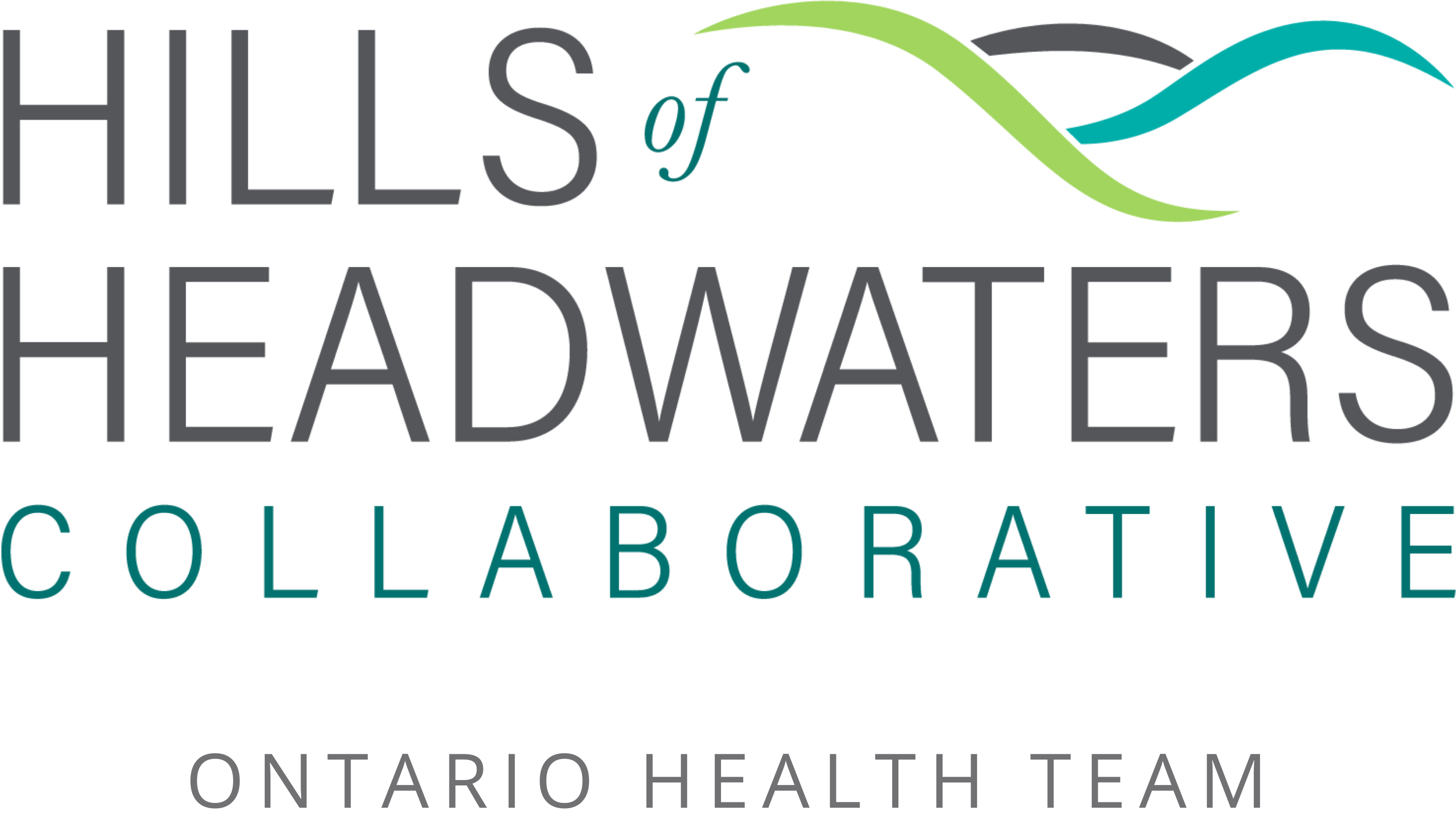The Citizen is taking an in-depth look into how the government’s plans to dissolve more than a dozen specialized provincial health care agencies, while establishing between 30 and 50 localized Ontario Health Teams, will impact services in Dufferin-Caledon.
Local Collaborative has site visit with Ministry on OHT application
Written By MIKE BAKER for the Caledon Citizen
Link: Local Collaborative has site visit with Ministry on OHT application
The Hills of Headwaters Collaborative may be one of the first to receive an Ontario Health Team (OHT) designation.
Last month, the Citizen ran two extensive stories highlighting what such a designation would mean for services in the local community. In this third and final part, we caught up with some on-the-ground community members, including local doctors and a volunteer patient advisor, for their thoughts and feedback on the potential move.
Bob Borden has been a patient family advisor with the Dufferin Area Family Health Team for a number of years. He has been a part of the Hills of Headwaters Collaborative since the very beginning, bringing a vital patient-first voice to the table.
“I have always been interested in doing things that are going to help with health care in our community,” Mr. Borden stated on being asked why he joined the Collaborative. “For me, the most impressive thing about the group we have here in Dufferin County and Caledon is there really is no pecking order. Everybody’s voice in that room, at that table, is equal, no matter your background, no matter who you represent, and no matter where you come from. As a volunteer patient advisor, I have been a fully active, voting member alongside doctors, administrators, front-line workers.”
It’s that togetherness and eagerness to work seamlessly together that has set the Hills of Headwaters Collaborative apart from most other applicants in the OHT process. One common theme prevalent in every discussion this reporter has had with individuals involved in the process is the sense that the figureheads, and organizations involved in the application truly are pulling in the same direction for the betterment of the people they serve.
Dr. Amy Catania has been a spoke on the wheel of the health care system in Dufferin for approximately 14 years. While she started out as a staff member at Headwaters Health Care Centre, where she now serves as Chief of Family Practice, Dr. Catania has spent the last seven years as an expert generalist physician, based in Shelburne. When rumours started to emerge earlier this year that the Headwaters region was in with a real shot of earning OHT status, Dr. Catania sprung into action.
“The vision of an OHT makes practical sense,” stated Dr. Catania, who played a pivotal role in a local palliative care working group that has since become a major priority for the Hills of Headwaters Collaborative. “There is a lot of redundancy in the health care system, and it is siloed in so many ways. Having one team, with one vision working toward the same priorities, would help align our local organizations and providers.”
She added, “When we are all one team, we will be able to seamlessly support a patient and their journey.”
While there are many unknowns involved in this process, largely due to the fact this is a brand new venture, that in itself offers something of an opportunity to the Headwaters-based collaborative to, potentially, act as a provincial leader in how to go about setting up an effective OHT.
Offering his insight into the potential benefits an OHT would bring to the community, Bolton-based physician Dr. Michael Gagnon sees this move as an opportunity for the health care sector to evolve into a better version of itself.
“The concept itself really just seems to be to provide more efficient care to our patients. It’s really about establishing better communication and having appropriate services in place at the appropriate time,” Dr. Gagnon stated. “At the same time, we should attempt to define or change services that are redundant, or ineffective.”
Elaborating more on how the OHT model could improve services for patients, Dr. Gagnon stated the goal is to make navigating the complicated health care system in Ontario much simpler for those who require specific services.
“We all know how difficult it can be to figure out who to call and when at any given time when you are unwell. The hope is that these system issues are resolved and that patients will have a clear understanding of whom to call and when. The idea is that anyone on their health care team can be the right person to call, as they will all have access to the information required to provide help and assistance.”
Dr. Gagnon has largely been involved with the palliative care table within the Hills of Headwaters Collaborative. As Medical Director at Bethell Hospice, he has been able to provide unique insight into the palliative care world that, he hopes, will help to shape a new and improved service for local residents in the near future.
Elaborating on Dr. Gagnon’s point about making the system simpler so as to allow patients to navigate it more easily, Dr. Catania has pitched an idea that should, in theory, eliminate all the chaos and confusion that prevails in today’s health care sector.
“I would like to see that patients and their caregivers have a team of providers that they can develop a relationship with, who will follow them from hospital, to home, to community. Not only would they feel more supported, they would not have to tell their story repeatedly,” Dr. Catania said. “Their care would be supported by the system, and not just themselves and their caregivers. I look forward to a time when there are no ore transitions for patients, or their providers.”
Progress with the Headwaters Collaborative’s application has been significant. Last week, the local team welcomed a group of provincial representatives for an in-person community visit. It has been noted that this site visit is the final stage in the OHT application process.
In a release distributed to local media, it was revealed that more than 60 people representing front-line staff, patients, primary care physicians, leaders and governors participated in the site visit. Various partners representing the Hills of Headwaters Collaborative provided a presentation on key aspects of the application, as well as painting a picture of the development already seen locally, particularly when it comes to relationships between different service providers.
“Our site visit was another watershed moment for us. We used our time with our assessors to drive home the fact that we are already on the path to a shared model of care,” said Kim Delahunt, Interim President and CEO at Headwaters Health Care Centre, and co-chair of the Hills of Headwaters Collaborative. “We have seen enormous commitment from so many across our group. We are ready, willing and able.”
In what was something of another milestone for the local Collaborative, an inaugural forum for the various patient, family, caregiver and client advisory committees was held on Oct. 29, bringing individuals from 30 different health and care partners in Dufferin and Caledon together under one roof.
“That central forum really was a huge thing for us. It brought so many people together in one place, to talk about, in a sense, rebuilding and redesigning the way we approach health care in our region,” Mr. Borden said. “We had a really good two-hour facilitated discussion, where, at first, we educate these people about what an OHT is, then start to introduce the idea, the shared concept of a centralized health care committee.”
Having had the opportunity to discuss the proposed OHT model to patients in the area, Mr. Borden expressed his belief that the public, in general, just wants to see a health care system that is easy to understand, simple to access, and, interestingly, willing to listen and potentially learn when it comes to developing care plans for patients.
“One of the things I read recently, and it really resonated with me, is that we are all the CEOs of our body. We know our body the best, because we live with it 24 hours a day, 365 days per year. We know our conditions the best. Therefore, we should be heard very clearly within the medical community. We should be listened to,” Mr. Borden noted.
Present during the provincial site visit, Mr. Borden could barely contain himself when asked to rate the Headwaters Collaborative’s chances of becoming one of the province’s first OHTs.
“If I had any money to put a bet down, I would bet yes,” Mr. Borden stated. “The body language and messaging we got, both at the time and through messages shared later in the day amongst staff, I think the officials walked away very impressed.”
Left to consider potential first steps as an OHT, Mr. Borden, Dr. Catania and Dr. Gagnon all agreed the local Collaborative was already well on its way to implementing many of the ideas presented that would improve health care delivery in the region. Now, the focus remains for the group to simply carry on down that road.
“We have three priorities right now with palliative care, mental health and addictions and homecare. There are active tables working on those right now. They will simply carry on working on their table,” Mr. Borden noted. “It’s not a matter of starting anything new, it’s a matter of carrying on and getting things in place.”
He added, “The main thing that will need to happen is the establishment of a lead organization, figureheads and governors who will put together ground rules for moving forward relative to how an OHT will operate in our area, what it will look like a few years down the line, and how we would go about measuring success of the model. There’s lots of exciting things on the horizon.”
For Dr. Catania, regardless of whether or not the Headwaters Collaborative is designated as an OHT, she believes the community has already won due to the increased relationships that have been born out of this process thus far.
“We have an opportunity to develop a local system that works for our community needs. Dufferin and Caledon have an advantage given the relationships that have been forged over years of trying to make the system work for our patients,” Dr. Catania stated. “Relationships are the most important foundation to the system, and without them change will not be successful. We are lucky to work in a community that already has well developed relationships between our partners.”
A final decision regarding which of the 31 communities currently involved in the OHT application process will be approved, is expected later this fall.


